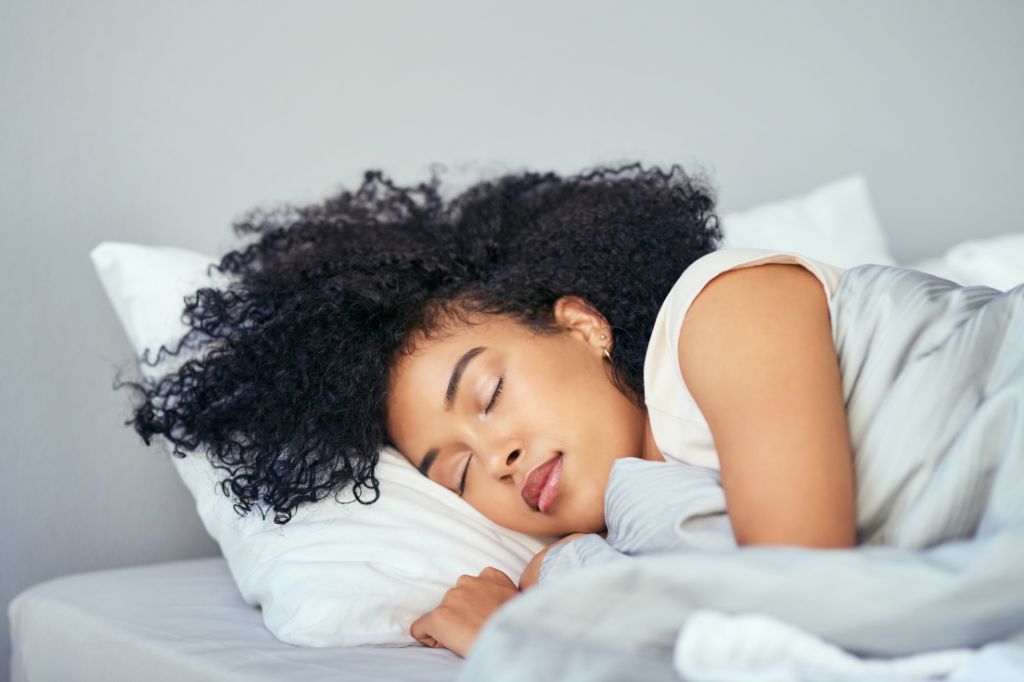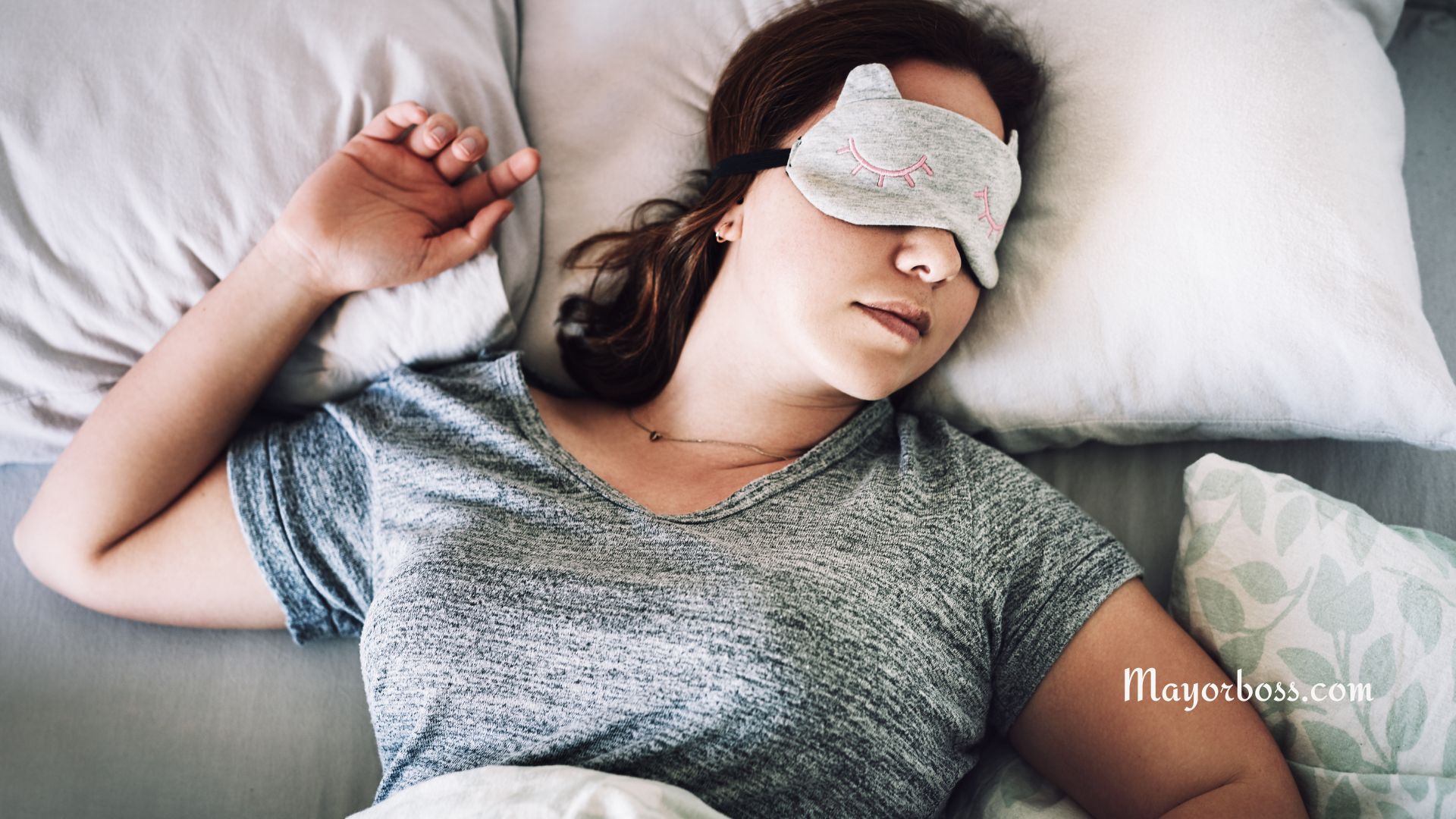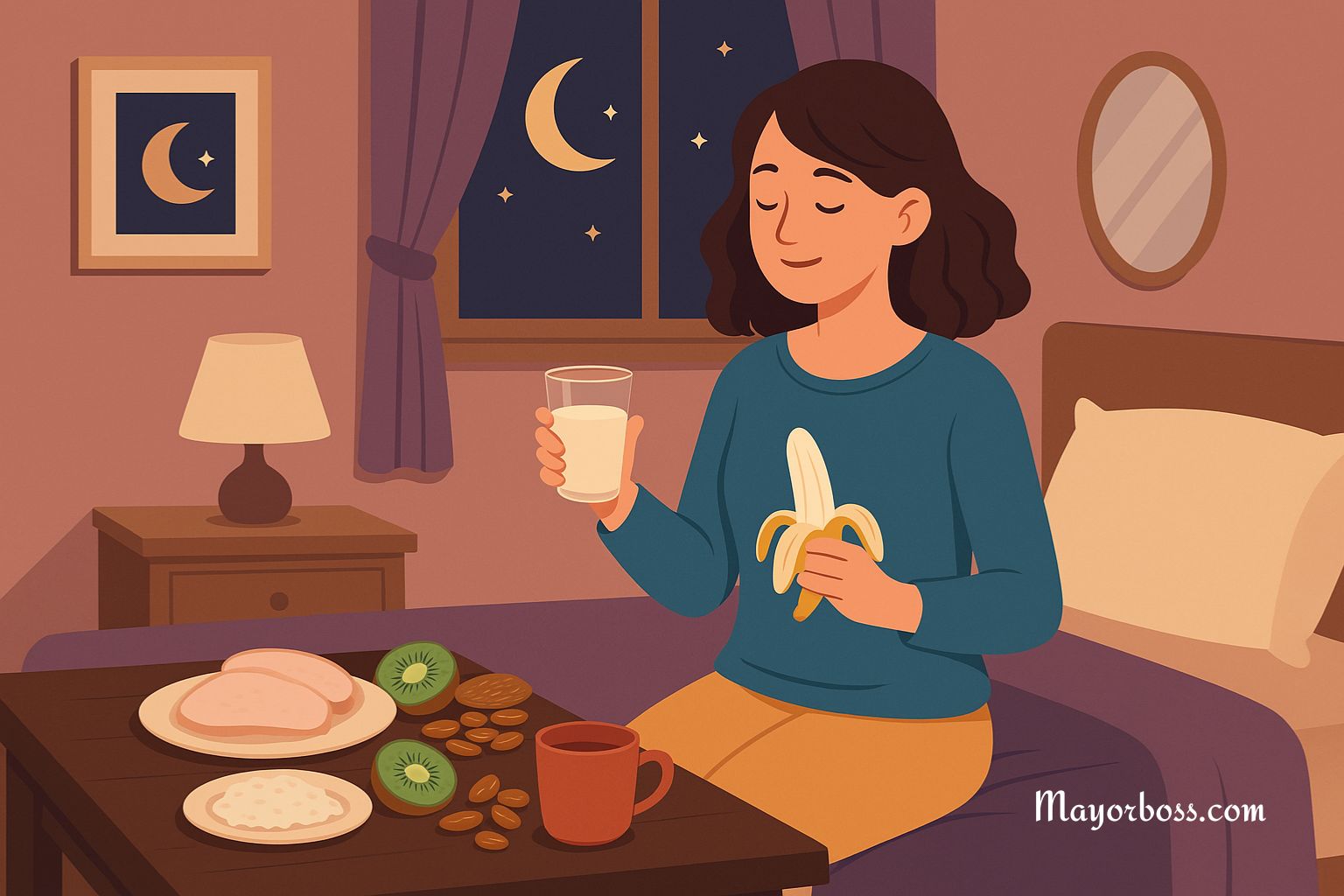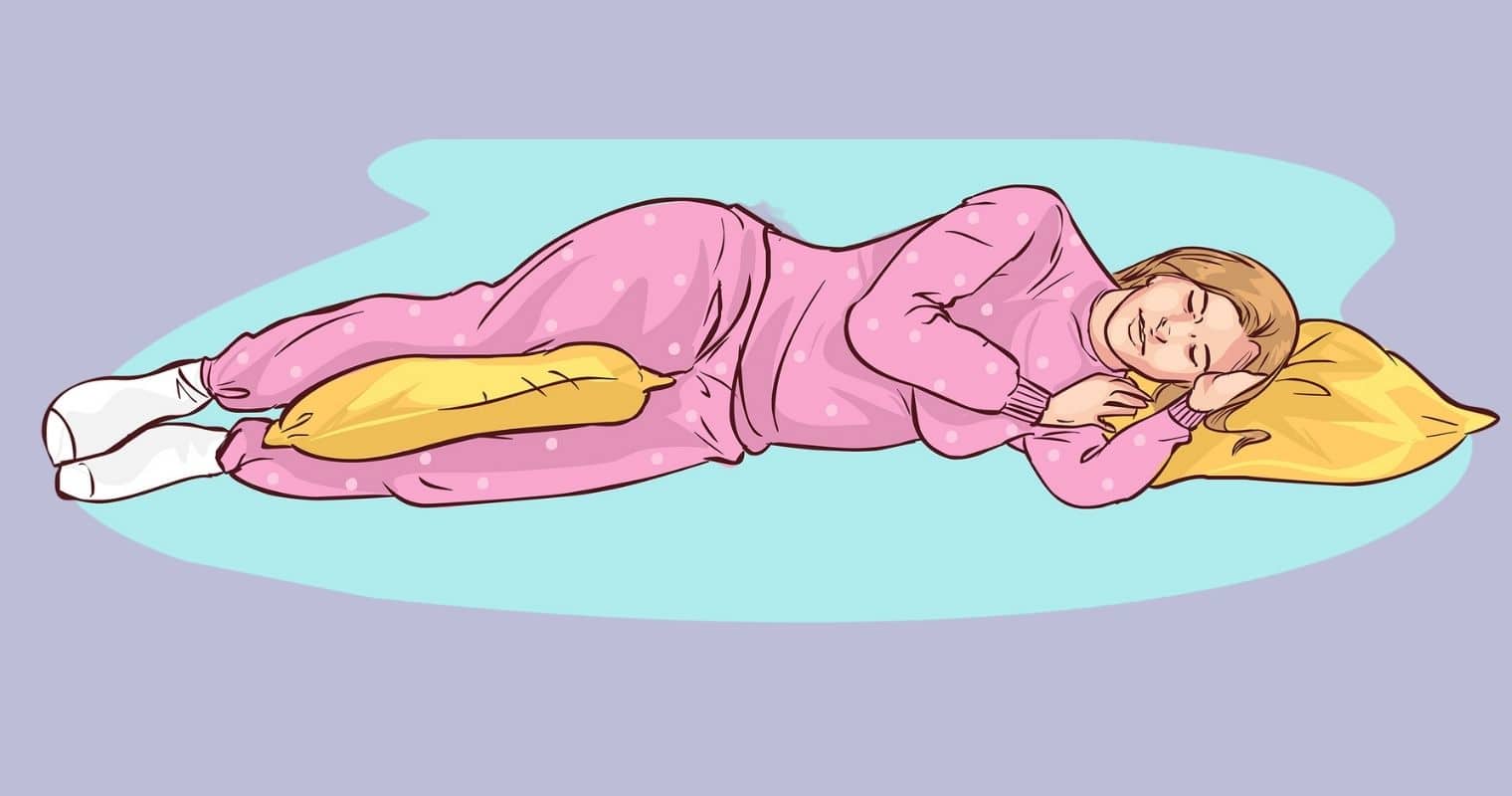When Is the Best Time To Go to Sleep?
Getting a good night’s rest is essential to our physical and mental health. But when is the best time to go to bed? Sleep experts have studied the effects of going to bed at different times and have found that certain times can be more beneficial than others. Let’s take a look at when it’s best for you to hit the hay.
When Is the Best Time To Go to Sleep?
Sleep experts recommend going to bed around 10 PM if possible. This gives us enough time for all the necessary sleep stages — light sleep (Stage 1), deep sleep (Stage 2), and rapid eye movement (REM) sleep — before waking up around 5-6 AM in the morning feeling well-rested.
Going to bed at this time allows us enough time for ample REM cycles throughout the night while also allowing us enough time before we need to wake up for our bodies not to feel too groggy from a lack of REM cycles or oversleeping.
In addition, going to bed before midnight allows us to get more quality rest because, after midnight, our bodies naturally start producing hormones like cortisol which can interfere with deep-sleep cycles.
Additionally, research has found that people who go to bed later tend not to live as long as those whose bedtimes were earlier – so it really pays off if we go ahead and hit the hay!
How many hours of sleep should you get?
According to experts, most adults need 7-8 hours of sleep per night. Working out when this should occur is key in determining the best bedtime for you.
Adults should aim to go to bed and wake up around the same time every day (ideally around 10-11 pm), even on weekends or days off work. This helps establish a rhythm for your body and creates consistency in your sleep schedule.
If possible, try and avoid napping during the day, as this can disrupt your natural circadian rhythm and make it harder for you to drift off at night. The amount of sleep you need will vary depending on your age, lifestyle, genetics, and other factors such as stress levels or illness.
Generally speaking, adults aged 18-64 require 7-9 hours of sleep per night, while those aged 65+ need between 7-8 hours per night. It’s also important to remember that everyone is different; if you find that 8 hours isn’t enough or too much for you, then adjust accordingly until you find what works best for your body’s requirements.

How to Get the Best Sleep Possible
If you’re having trouble falling asleep or staying asleep, there are a few simple steps you can take to improve your sleep quality.
First and foremost, create a comfortable environment for yourself. Make sure that your bedroom is dark, quiet, and cool — ideally with the temperature set between 60-67°F — as this will help to create an atmosphere that is conducive to sleep.
Additionally, try and avoid using electronics such as phones or laptops at least an hour before bedtime, as the blue light from these devices can cause stimulation, making it harder for you to relax and drift off. Instead, opt for some calming activities such as reading a book or listening to some music.
Finally, if you’re still having difficulty sleeping, speaking with your doctor may be beneficial as they can help identify any underlying causes and provide further advice on how to get the best night’s sleep possible.
Following these tips should help ensure that you are getting enough quality sleep each night, allowing you to wake up feeling well-rested and energized!
Happy sleeping! 🙂
Good luck! Remember, getting the right amount of quality sleep is essential for your physical and mental health. Make sure you are prioritizing a healthy bedtime routine to get the most out of your day!
Also Read: What To Do If You Can’t Sleep At Night






